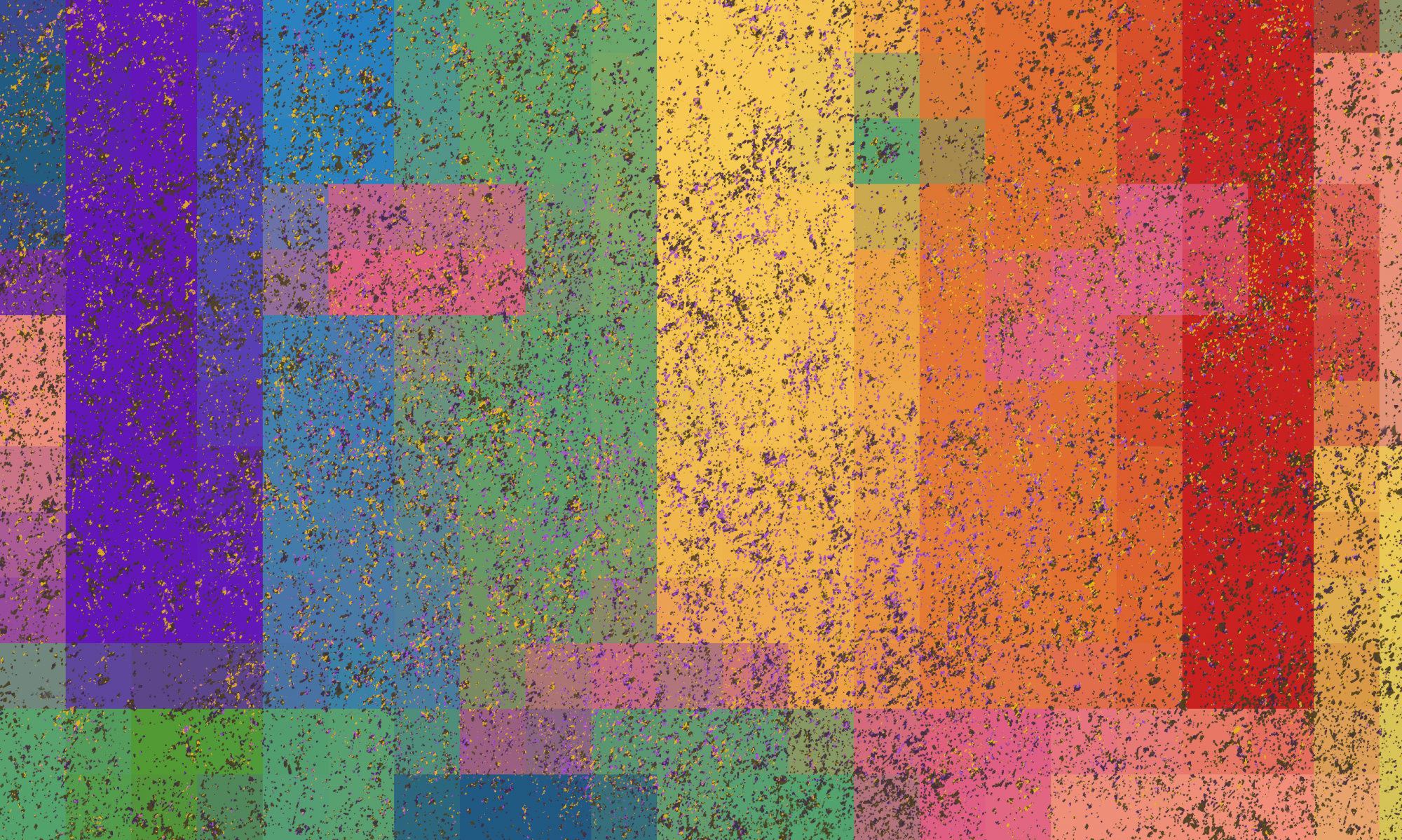Racialised and complicit in historical and systemic harm:
Staying with the trouble at the complex and complicated interface of migration and Indigenous struggles in Canada
A series of conversations presented by the David Lam Chair in Multicultural Education (Dr. Vanessa Andreotti), the CRC in Indigenous Peoples’ Wellbeing (Dr. Cash Ahenakew), and the UBC Centre for Migration Studies
This series invites and equips participants to expand their capacity for difficult conversations about settler-Indigenous relations, focusing on the experience of racialized settlers who are both subject to and complicit in the violence of different forms of colonialism. The sessions will not be focused on offering solutions or establishing moral parameters for settler-Indigenous relations, but on articulating the tensions, paradoxes, and multiple and moving layers of complexity that exist at the interface of migration and Indigenous struggles in Canada. Each session will be a conversation based on “depth inquiry” about cognitive, affective and relational responses to existing educational resources that address this interface.
-
Session 1:
A letter to prospective immigrants to Canada (GTDF collective, 2020)
12:00 – 2:00 pm, Sept 23, RSVP, max 20 participants -
Session 2:
Disrupting Current Colonial Practices and Structures – In the Immigrant and Non-Profit Sector (AMSSA, 2020)
12:00 – 2:00 pm, Oct 21, RSVP, max 20 participants -
Session 3:
TERRITORY (ABRIDGED), A PLAY IN MOTION (GTDF, 2022)
12:00 – 2:00 p,. Nov 18, RSVP, max 20 participants
Depth Inquiry invitation:
“Depth inquiry” is a mode of conversation that creates an educational container where people can learn and unlearn through experiences of psychological dissonance: what in educational theory is referred to as “difficult knowledge” (Pitt and Britzman, 2003; Zembylas, 2014). Depth inquiry (Andreotti, 2021) aims to expand our collective capacity to hold space for difficult collective challenges without feeling overwhelmed, immobilized or demanding quick fixes or rescue from discomfort. This is the first step that is necessary for learning to navigate VUCA (volatility, uncertainty, complexity, ambiguity) in generative ways and to open up possibilities for expanded relationships based on trust, respect, reciprocity, consent and accountability.
Modern/colonial education conditions us to think, feel and imagine in particular ways that are very limiting in our current context and that leave us intellectually and psychologically (emotionally and relationally) unequipped to address complexity and social and ecological crises and catastrophes. Depth education is an invitation to deactivate anachronistic intellectual and psychological patterns and to activate latent capacities that have the potential to help us navigate the wicked challenges of our times. These capacities include diffractive, analectic and diachronic reasoning, and onto-sympathetic and polysemic sensibilities.
Depth inquiry is counter intuitive because it does not affirm Cartesian cognitive, affective and relational patterns of desire, expectation and entitlement, but invites participants to observe, to be sceptical about, to dis-invest in those patterns and to develop the stamina for “staying/sitting with” and “holding space for” complexities, tensions and paradoxes (i.e. with/it/ness). However, although this inquiry aims to create the conditions and to open possibilities for more ethical relations, its pedagogical integrity depends on it not prescribing any specific moral position or teleology as an outcome: it has to be an invitation to an “uncoercive rearrangement of desires” (Spivak, 2004).
Participants are encouraged to talk to each other in and through metaphors that allows for psychoanalytic distancing (layering of self and reality – e.g “the bus”) and to consent to attempting to follow 5 recommendations:
- Stay with the trouble: with what is difficult and possibly painful without turning away and without being carried away by unpleasant sensations, the fear of unpleasant sensations, or the desire to be rescued from unpleasant sensations;
- Observe without investing if/when the following arise:
-
- feelings of guilt, shame, worthlessness, embarrassment
- desires to be affirmed as innocent, equally oppressed or redeemed (e.g. through allyship, or activism)
- desires for “fixing the problem” and “moving forward”
- Learn to describe the dynamics of your internal complexity (i.e. the bus or another image) that can help you develop a meta-language focused on movement and interactions;
- Be acutely aware of how the collective time and space is being used (i.e. how you are taking time/space): learn how to read and to be read;
- Pay attention to multiple layers of complexity, paradoxes, tensions and contradictions, i.e. the paradox of being both accountable at the same time to the sacrifices of one’s family as immigrants and also to repairing the harms that settler-colonialism has continuously inflicted upon Indigenous peoples and lands.
